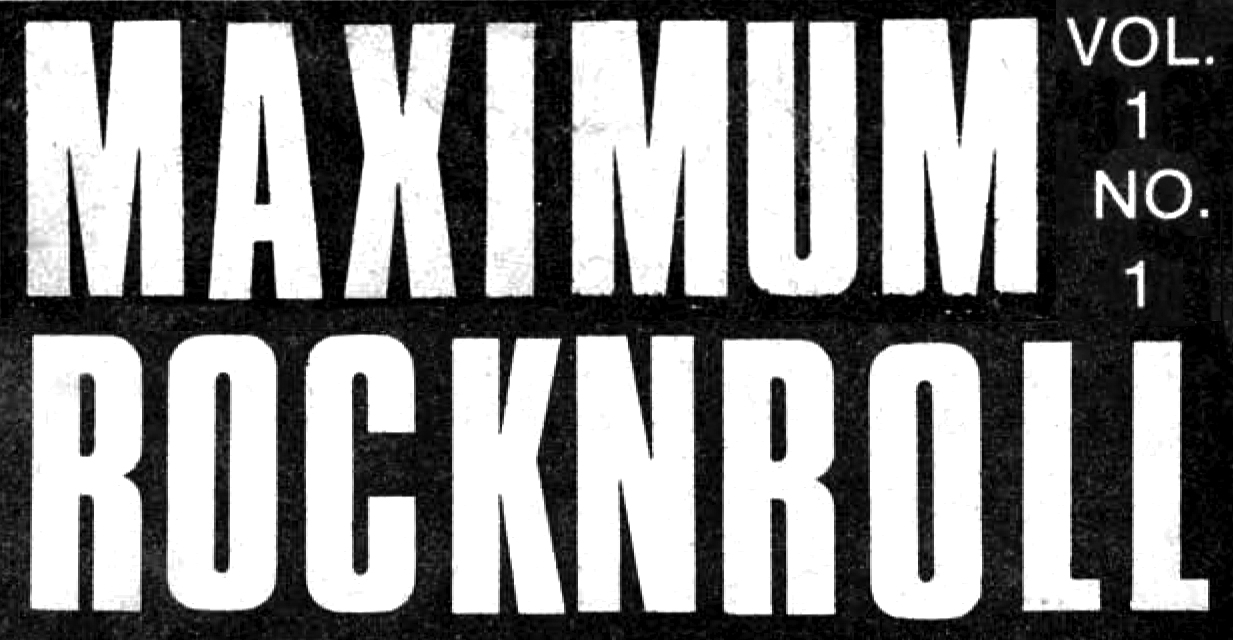
It Is On These Principles…
What has two legs, hangs out on street corners, panhandles, sells dope, says “That’s cool, man,” is apolitical, anti-historical, anti-intellectual, and just wants to get fucked up and have a good time? A hippie? Nope, a punk! Outside of the differences in appearance — substitute boots for sandals, chains for love beads, no hair for long hair, etc. — the only way you can tell the difference is that most hippies passively embrace certain values, and most punks are vehement about them. This, of course, is a gross generalization, but it does seem that the values of both countercultures have more in common now than not. If being political is out, and having fun is in, what’s the dif?
Originally, there were many types involved with the ’60s counterculture: cultural radicals, politicos, poets, dreamers, walking wounded, hustlers, etc. Eventually, one strain became the most prevalent — the apolitical petit-bourgeoise. They were anti-intellectuals who rejected the past, claiming that there was nothing to learn from it; who advocated one emotion (in this case, love); who pushed the “do-your-own-thing” line. And that’s exactly what they did, becoming self-indulgent, isolated from reality, and decimated by drugs, cults, and greediness. Many became small businessmen, the “hipeoise.” They left society alone, but eventually imitated all the aspects they once rejected. And that led to their eventual incorporation into the mainstream. The threat was coopted.
When punk came along, it was largely a rejection of the failures of the ’60s kids. Punks were going to be different — confrontational. Once again, it was a mixture of types — rebels left over from the ’60s, young cynics, political punks, fun-seekers, etc. But as time passes, certain strains are again becoming prevalent and, as in the ’60s, it is the anti-intellectuals, the rejectors of history, the advocates of one emotion (“hate,” this time), and the embracers of the “do-your-own-thing” that prevail. It is frightening to see how rapidly history is indeed repeating itself for those who do not care to learn from the mistakes of the much-abused hippie; how close to mainstream bourgeoise values of Self they are moving; how turned-off to politics they are. The cooption is well under way.
The only thing that threatens a society based on dividing and conquering — pitting sex against sex, race against race, subculture against subculture — is unity. If the system stresses anti-intellectualism, then we must become intellectuals. If it stresses isolation and ignorance of each other, then we must learn to trust. If it stresses individualism, we must collect ourselves. If it stresses blind respect for authority, we must only give respect to those who earn it. If punk is to be a threat, different from society, then any so-called punk who flirts with racism and sexism, proudly displays ignorance, resorts to physical violence and is afraid of knowledge or political action, is not a threat at all, but has gone over to the enemy. Punk was originally a mimicry, a satire of the disturbing nature of Western culture. But it threatens to become more and more a re-enactment of those same values and thereby cross over the line from rejection to concealed acceptance, however well-disguised it may be by mohawks, shaved heads, leather, etc.
Of course, a rebellious counterculture isn’t an organized political movement with one set of “acceptable” ideas, but rather a mixture of values under one banner. Unfortunately, in a basically illiterate society such as ours, music is one of the only ways new ideas get disseminated, and it is within this sphere that the real battles for minds are being fought. Will the reactionary mentality of the mainstream culture find a reincarnation within punk (there are a few bands that already exemplify that idiocy), or will punk become a true alternative? It is the ideas behind the music, the dress, the zines that are important, not the leather-clad bands and haircuts. If we reach that point, then the battle is lost, and we will have the next form of mass-entertainment. It is on these principles that Maximum RnR is dedicated.
